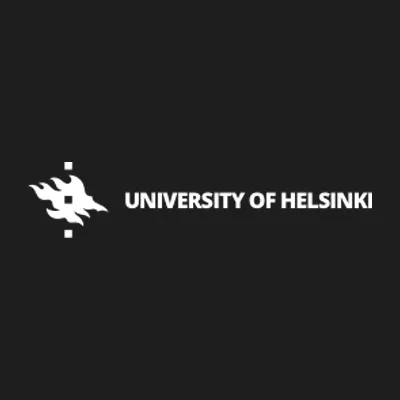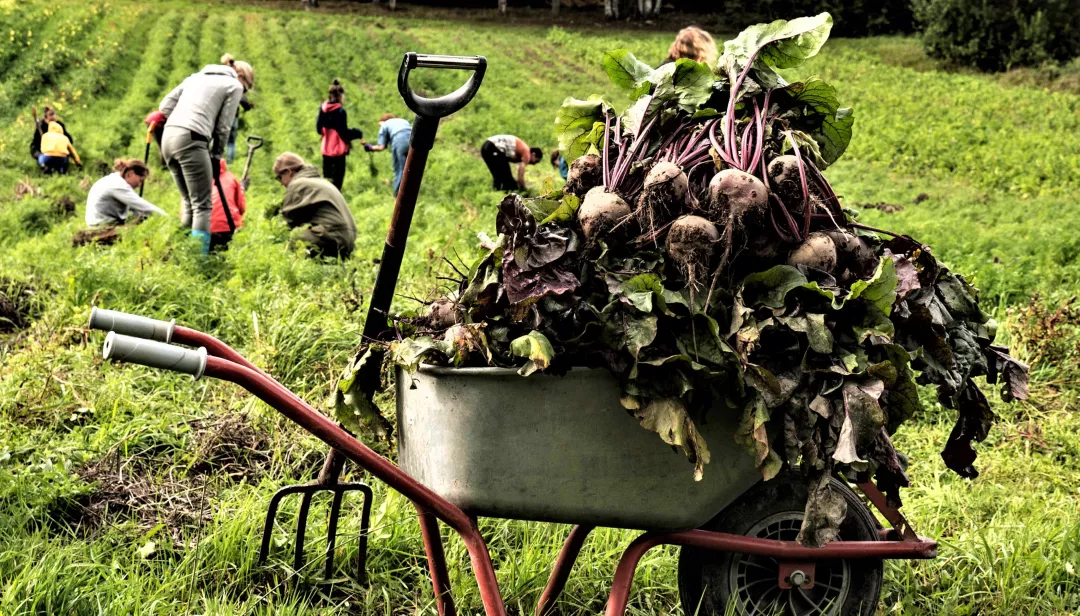General information
RDP Priority
- P3. Food chain and risk management
RDP Focus Area
- 3A: Agri-food chain integration & quality
RDP Measure
- M16: Cooperation
Summary
KUMAKKA was a national level project which aimed to promote CSA as an economically viable food production model and a local food supply chain for both conventional and organic production. The project’s target groups were food producers, either interested in CSA or already practicing it (farms and horticultural farms, farming communities), and food consumers: households, restaurants, day-care centres and others.
Results
The KUMAKKA project gathered new information, supported knowledge exchange, and contributed to advancing CSA in Finland. It has put in place strong foundations for future action.

Promoter
Helsinki University Ruralia Institute
Funding
Total budget 302 286.00 (EUR)
EAFRD 126 960.12 (EUR)
National/Regional 175 325.88 (EUR)
Resources
Documents
KUMAKKA - Sustainability, competitiveness and awareness through community supported agriculture
(PDF – 4.13 MB)
Links
Context
Profitability and societal appreciation of agricultural production can be significant challenges in the Finnish food production sector, as can be demand for locally produced food, the sustainability of food production and consumption, and the market structure. It is therefore necessary to seek new solutions and fresh models of food production that can shape consumer choice and establish a new relationship between them and food producers. Community Supported Agriculture (CSA) is a model of agricultural production and food distribution that is based on locality. In this production model, producers and consumers – alongside other stakeholders - share the risks and outputs of agriculture through cooperation, without intermediaries. CSA is focused on the sustainability of production with the support of the community.
Objectives
The aim of this project was to develop and strengthen CSA. It also aimed at strengthening the consumer-producer relationship, economically viable food production model and local food distribution chain in both conventional and organic production.
Activities
KUMAKKA was a national level project implemented by Helsinki University’s ‘Ruralia’ Institute in cooperation with ‘Luomuliitto’ – the Finnish Organic Association, which is an NGO that represents organic farmers in Finland. Target groups of the project were food producers either interested in CSA or already implementing it. These include farms and horticultural farms, farming communities as well as food consumers: households, restaurants, day-care centres and others.
The project activities were:
- Conduct a study of CSA as a local food system and as a meeting place between producers and consumers. The study generated new information and improved the understanding of CSA, its sustainability and implementation. A survey questionnaire including information about CSA was sent to several thousand people and about 900 answers from farmers and consumers were received.
- Create a network to strengthen the cooperation and expertise of actors practicing community supported agriculture and those interested in its practice and development. The project co-operated with vocational schools and universities to deliver lectures and activities on 12 different programmes for students to learn about CSA. The project organised networking events and discussions, including 12 webinars, workshops, and peer group meetings, which gathered about 300 participants – followed later by others, who listened to the recordings. The project also helped to organise a CSA-farm-oriented campaign week.
- Provide general information to the public about CSA. Information was disseminated via a varied campaign of almost 100 different actions, including an informative web page in Finnish, videos, posters, lectures, educational material, blog posts, information cards, material for social media and an end-of-project publication.
- The project also produced a set of policy recommendations on how to advance CSA in Finland.
Main results
The KUMAKKA project raised awareness of CSA across the target groups and within the general population. The project gathered new information, supported knowledge exchange, and contributed to advancing CSA in Finland. It has put in place strong foundations for future action.
Key lessons
When planning a wide-ranging project such as this, project leaders should consider dividing it in several smaller projects or work packages and be sure that there are adequate resources (personnel, time, budget) allocated to each task. Time and energy are needed to ensure good project administration and oversight.
Project managers need to be flexible when it comes to implementing the workplan activities: listening to feedback from the target groups and adapting within certain limits, but it is also important to follow the project schedule and adhere to the agreed aims and objectives.
